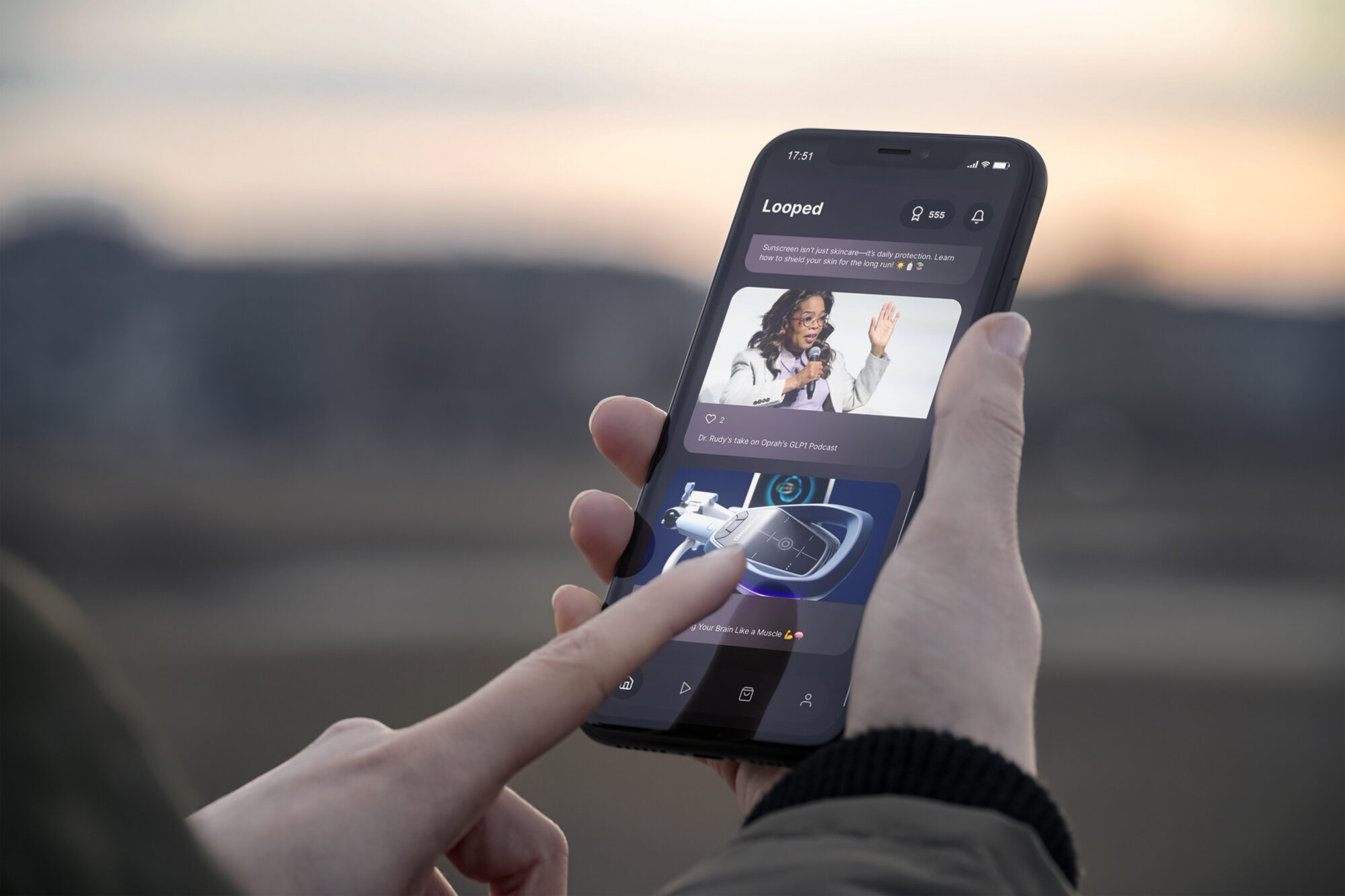Concierge medicine has become a popular alternative to traditional healthcare models. In this approach, patients pay a recurring fee, either monthly or annually, for enhanced access to their physicians, including benefits like 24/7 communication, extended appointments, and personalized care plans. This model addresses common frustrations in conventional healthcare, like prolonged wait times and limited physician availability.
The concierge medicine industry has grown tremendously over recent years. In the United States, the market was valued at approximately $7.35 billion in 2024 and is projected to reach $13.23 billion by 2030, growing at a compound annual growth rate (CAGR) of 10.33 percent. Globally, the market is expected to expand from $19.86 billion in 2024 to $37.87 billion by 2031, reflecting a CAGR of 9.7 percent.
Several factors contribute to this expansion. Patients increasingly seek personalized healthcare experiences, and physicians are drawn to models that allow for more meaningful patient interactions and better work-life balance. The shortage of primary care physicians exacerbates the issue, with average wait times for new patient appointments nearing one month in major U.S. cities. Concierge medicine offers a solution by providing more immediate and accessible care.
To address some of these challenges and enhance patient care, concierge and hybrid clinics are integrating digital tools like Looped, a mobile application designed to deliver personalized, expert-led education before and after medical procedures. Looped streamlines communication, reduces staff burden, and reinforces a high-touch, premium care model. It is particularly effective for treatments such as GLP-1 weight loss and hormone optimization.
Since its launch in early April, Looped has onboarded 100 clinics within the first three weeks. The platform is expanding globally, with a Canadian launch scheduled for June and interest from countries including Australia, Bulgaria, Greece, Egypt, and Ireland. Founder Sam Patel noted, “We already have pre-signed, I would say, 20-odd clinics in Canada that are ready to launch.”
The app allows patients to learn about synergistic treatments, such as skin tightening following weight loss, and facilitates in-app communication for appointment requests. Patel explained, “Within the app, they can now select an option to go watch social media style videos from the provider about that treatment and how it now connects or how it’s synonymous or synergistic with their medical weight loss.”
The platform also assists practices in transitioning to cash-based services by managing patient education and follow-ups. This is particularly beneficial for family and internal medicine practices looking to incorporate cash-based services like weight loss or hormone therapy. Patel emphasized, “This app will manage the patients for you… making the transition to cash-based medicine much easier.”
In regions with strict regulations on medical advertising, such as Australia, Looped offers a solution by providing a closed platform for patient communication. Patel noted, “With the app, they now have broken that because now it’s a closed app. It’s not public and only their patients see it. So they can technically say what they want.”
As concierge medicine continues to evolve, integrating digital tools like Looped can enhance patient engagement, streamline operations, and support the delivery of personalized care. These advancements may help address some of the model’s challenges, such as accessibility and scalability, while maintaining the high level of service that defines concierge care.





























